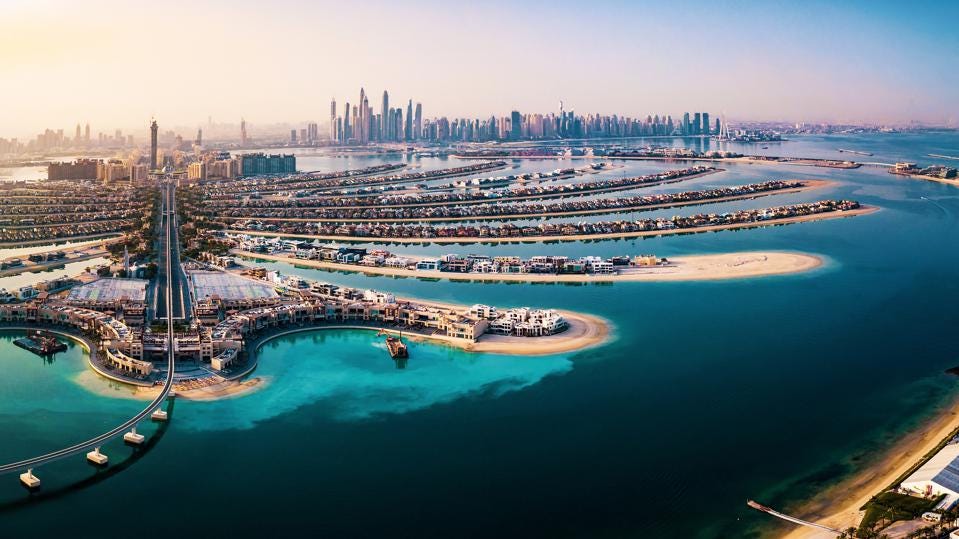Continued demand from the world’s wealthy has driven up prices in Dubai’s luxury residential sector, with values in Palm Jumeirah, Emirates Hills, and Jumeirah Bay Island growing by 88.8% in the last 12 months, according to new research from international real estate consultant Knight Frank.
Dubai’s property market recovered strongly from 2020’s severe downturn on elevated oil prices and a quicker economic rebound from the pandemic restrictions than most other cities across the world attracted the ultra-high-net-worth individuals UHNWI from across the globe. The trend is likely to continue for the year due to higher buying interest from the Russian market combined with a shortage of luxury property.
Knight Frank does not see foresee a stalling in demand in the short to medium term. It said…”in fact, the opposite is forecast. The mainstream market is expected to register a price growth of 5-7% by the end of the year.”
Faisal Durrani, Partner – Head of Middle East Research, said: “Prime residential values in Dubai continue to strengthen, growing by 29% in Q3 alone, fuelled by a persistent deluge of UHNWI individuals who are zeroing in on Dubai’s premier districts, in search of second homes. This trend marks a significant departure to the emirate’s two previous market cycles, where the overriding flavour of buyers was linked to buy-to-let or buy-to-flip purchases.”
Of Dubai’s three prime residential districts, the Palm Jumeirah, with an average transacted price of AED 3,054 ($831.58) per square foot (psf), remains the most affordable, relative to Emirates Hills (AED 5,220 psf) and Jumeirah Bay Island (AED 6,345 psf).
The consultancy does however caution that the global nature of Dubai does leave it somewhat exposed. “The impact of the strong dollar on international demand whilst too early to assess, appears limited given the residential market’s relative value when compared to other global gateway cities.”
Additionally, even while rising interest rates will likely present difficulties for buyers who have mortgages, the market is anticipated to be somewhat protected because the majority of purchases are made in cash.


